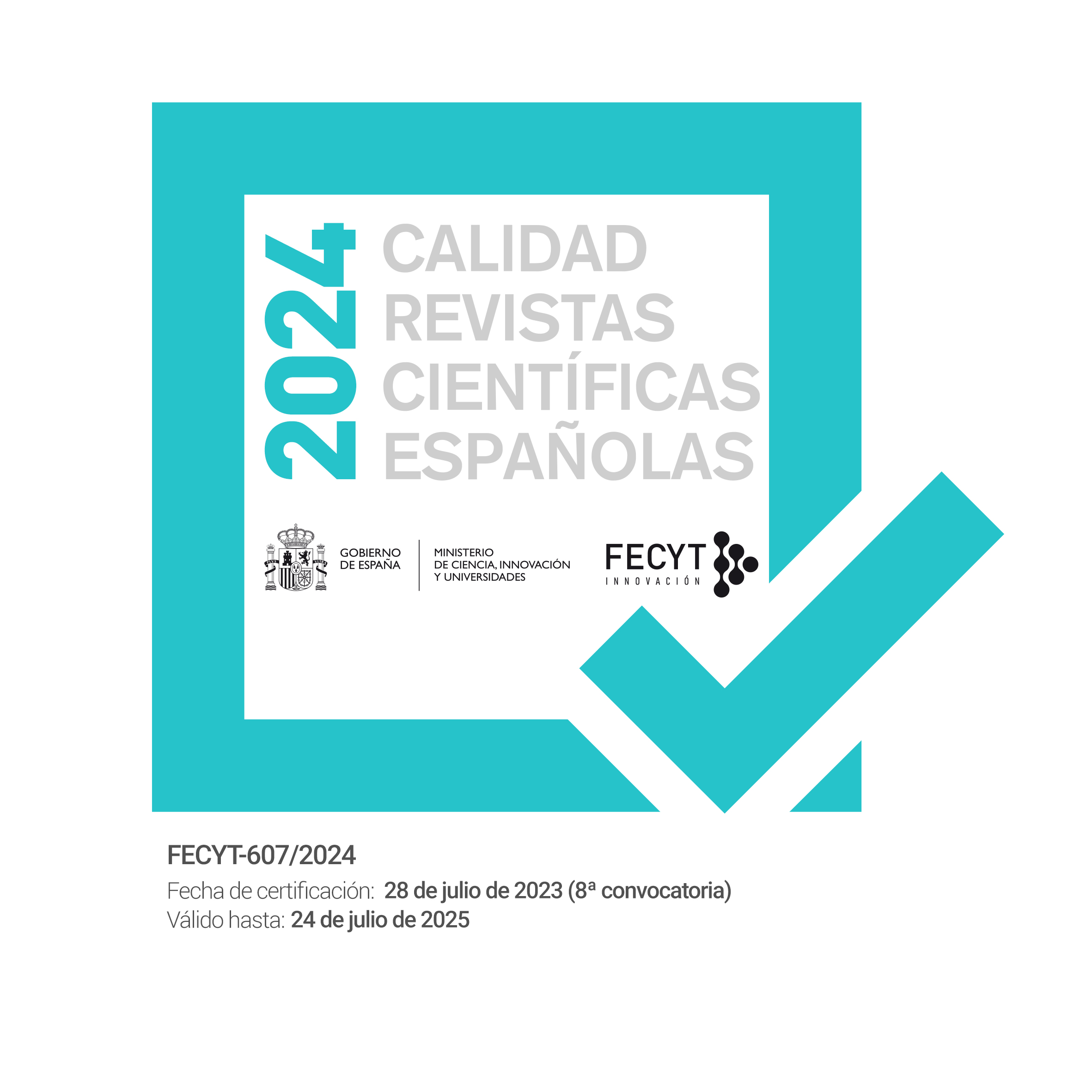Call for paper issue 19 (2026)
Social production of habitat and regulation of land and housing in times of housing crisis in the global North and South
The journal Habitat and Society is calling for articles for issue 19: "Social production of habitat and regulation of land and housing in times of housing crisis in the global North and South." This coincides with the proposed theme for the IV International Colloquium on Urban Conflicts, which will take place at the Institute of Geography and Territorial Planning (IGOT) of the University of Lisbon, on July 9, 10, and 11, 2025.
Articles can be submitted to any of its three sections: Special Articles, Miscellany, and L.E.D. (Submissions). We recommend reading the journal's focus and scope section.
The journal has renewed its FECYT 2024 quality seal and is indexed in the Emerging Sources Citation Index, DIALNET, and evaluated in LATINDEX. Catalog v2.0 (2018 -) ERIHPlus and REDIB. Ibero-American Network of Innovation and Scientific Knowledge
Habitat and Society is an open journal that does not charge fees to readers or authors. It is supported by the altruistic work of the editorial and scientific team, through grants from the University of Seville's Research Plan and funding from the Department of Architectural Graphic Expression at the University of Seville.
Articles are accepted for publication in Spanish, English, Portuguese, and French.
Full manuscripts must be submitted through the OJS platform, following the journal's "Guidelines for Authors" and code of conduct. Ten research papers will be selected for publication after peer review and addressing any requested corrections.
Deadline for manuscript submission: December 30, 2025














